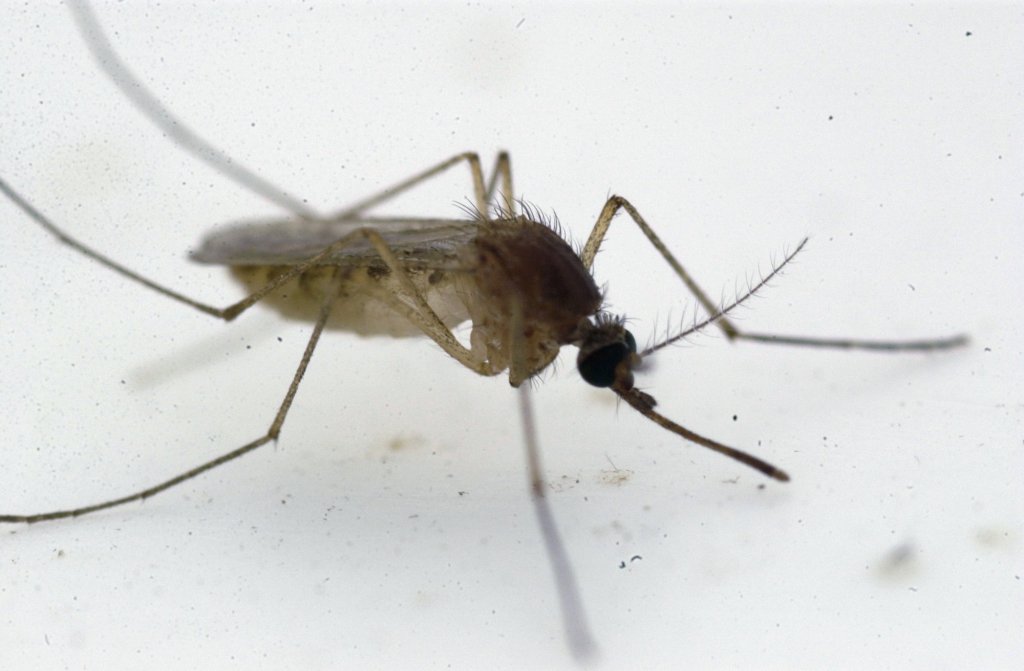The first human case of West Nile virus has been reported in Will County, state and county health officials said.
The Will County resident, who is in their 70s, began feeling symptoms in July, a news release from the Will County Health Department said.
This brings the number of human cases of West Nile virus to five individuals throughout Illinois, including three people from Cook County, according to the Illinois Department of Public Health. The first report of a human case in Cook County was last month.
Last year, there were 119 human cases of West Nile virus throughout the state.
Ten Will County communities have had mosquito batches test positive for the virus. These include mosquitoes trapped in Joliet, Homer Glen, Shorewood, Lockport, Manhattan, New Lenox, Bolingbrook, Mokena, Frankfort and Plainfield. A dead bird tested positive for West Nile virus in Crest Hill, county officials said.
In Illinois, 53 counties have reported positive cases of West Nile virus in mosquito batches and birds.
West Nile virus typically causes mild, flu-like symptoms, the health department said.
About 80% of individuals do not develop any symptoms, according to the Centers for Disease Control and Prevention. However, about 20% of those affected develop a fever and symptoms such as a headache, body aches, joint pains, vomiting, diarrhea or rash.
Most people recover completely but fatigue and weakness can last for weeks or months, the county health department said.
Individuals older than 60, as well as those with medical conditions such as cancer, diabetes, hypertension, kidney disease and organ transplant recipients, are at a greater risk for severe illness.
About 1 in 150 people who are infected with West Nile virus can develop encephalitis, an inflammation of the brain, or meningitis, inflammation of the membranes that surround the brain and spinal cord, the CDC said.
Health officials advise residents to try to avoid mosquito bites by wearing shoes and socks, long pants and light-colored, long-sleeve shirts when outdoors, and also using an insect repellent.
Residents can help control areas where mosquitoes breed by eliminating standing water and reporting any long-term stagnant water to local governments or the health department.
Michelle Mullins is a freelance reporter.
Originally Published:
